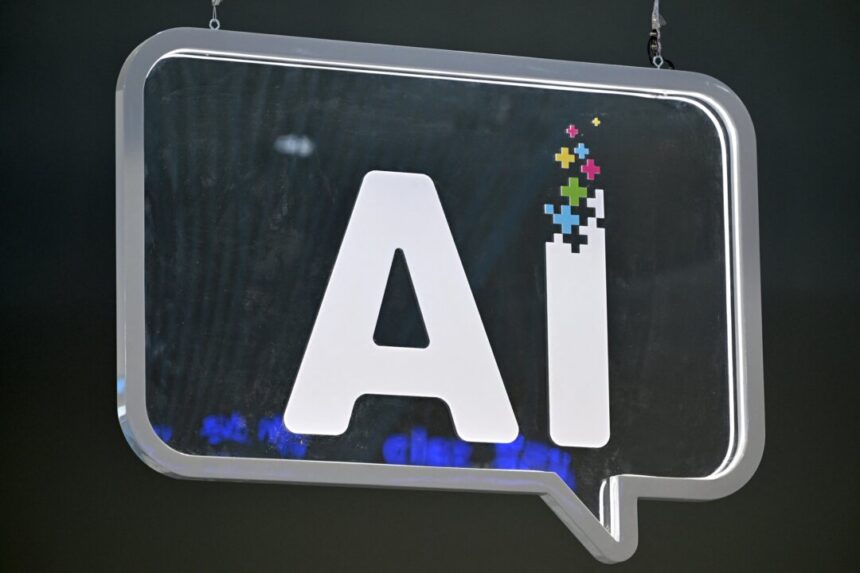The rapid adoption of artificial intelligence (AI) by companies often leads to confusion and increased costs that outweigh the benefits. The transition to AI technology mirrors past challenges faced during digital transformations in the late nineties and the rush to complete digital transitions during the COVID-19 pandemic. Despite the potential transformative power of AI, there are practical speed bumps hindering its implementation.
Corporate executives and boards struggle with roadblocks in implementing and controlling AI, preventing organizations from fully realizing AI’s potential and justifying the high costs associated with enterprise-level AI deployments. Privacy and ethical risks also loom large, with concerns about the abuse of personal data and the perpetuation of biases in AI programs. Unlawful surveillance, biased AI programming, and the rapid pace of technological change pose additional risks to businesses of all sizes.
Integrating AI into existing operations can be disruptive and costly, fundamentally altering organizational structures and potentially leading to compliance violations. Data security risks are heightened with AI systems, as cyberattacks can exploit vulnerabilities to access sensitive information and carry out attacks more quickly. Legal challenges also abound in our litigious society, adding further complexity to the risks posed by AI technology.
The reality is that AI-driven programs, tools, and solutions will continue to be rapidly embraced. However, the risks associated with intellectual property and the potential liability that AI poses to organizations in terms of regulatory compliance, accountability, privacy, and ethical concerns will persist.
Businesses and organizations are eager to integrate AI and implement it as quickly as possible to avoid falling behind. The notion of “innovate or perish” is not just a cliché; for many companies, it is a stark reality.
The rise of artificial intelligence is inevitable, regardless of what is discussed in this article. It will soon be overseeing organizations on a national and global scale, a transformation that will occur much faster than the previous digital revolution, which took up to two decades.
However, amidst all this, a fundamental question remains: “Who will oversee AI?”
Opinions expressed in this article are those of the author and do not necessarily reflect the views of The Epoch Times.




